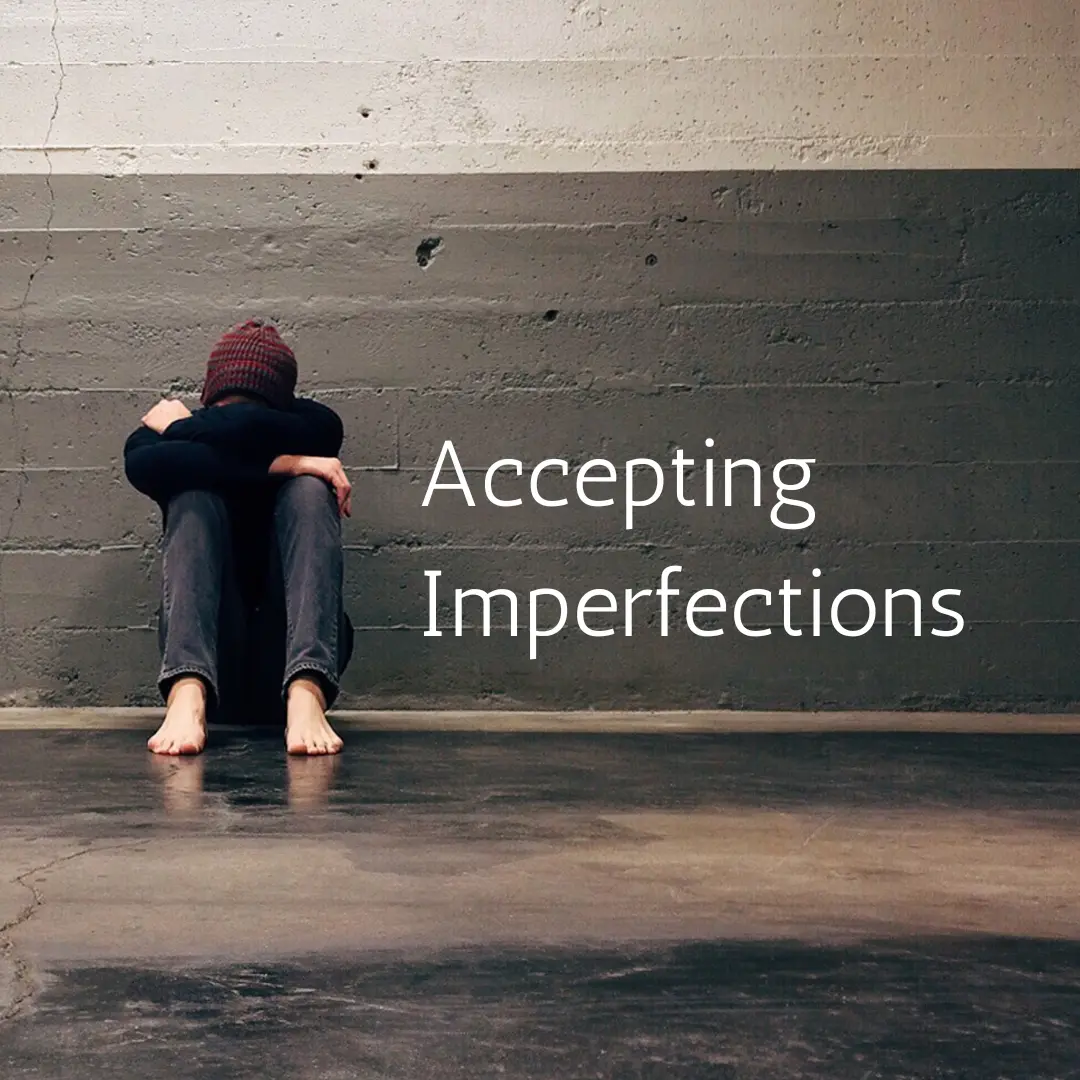In our fast-paced and often materialistic world, it’s easy to get caught up in the cycle of wanting more, striving for the next big thing, and feeling dissatisfied with what we currently possess. The quote “Love what you have, before life teaches you to love” by Tymoff serves as a poignant reminder to appreciate and cherish the present moment and the blessings we already have. This sentiment encourages us to embrace gratitude and mindfulness, fostering a deeper sense of contentment and well-being.
Understanding the Essence of the Quote
At its core, Tymoff’s quote speaks to the importance of gratitude. It suggests that if we do not learn to love and appreciate what we currently have, life will inevitably present us with challenges that force us to recognize the value of those things. This can be interpreted as a call to practice gratitude daily, rather than waiting for loss or hardship to reveal what we may have taken for granted.
The Role of Gratitude in Our Lives
1. Enhancing Mental Well-Being:
- Reduced Stress and Anxiety: Practicing gratitude helps shift our focus from negative to positive aspects of our lives, reducing stress and anxiety.
- Increased Happiness: Regularly acknowledging what we are thankful for can boost our overall happiness and satisfaction.
2. Strengthening Relationships:
- Appreciation in Relationships: Expressing gratitude towards loved ones strengthens bonds and fosters a positive environment.
- Improved Communication: Recognizing and verbalizing appreciation can lead to better communication and understanding.
3. Building Resilience:
- Coping with Adversity: Grateful individuals tend to cope better with life’s challenges, viewing them as opportunities for growth rather than insurmountable obstacles.
Mindfulness and Living in the Present
1. Mindful Awareness:
- Being Present: Mindfulness encourages us to live in the moment, fully experiencing and appreciating the here and now.
- Reducing Regret and Worry: By focusing on the present, we can reduce the tendency to dwell on past regrets or future anxieties.
2. Practical Steps to Cultivate Mindfulness:
- Meditation Practices: Incorporating mindfulness meditation into our daily routine can help anchor us in the present moment.
- Mindful Activities: Engaging in activities like yoga, journaling, or simply taking a mindful walk can enhance our awareness and appreciation of the present.
Practical Tips to Foster Gratitude and Mindfulness
1. Keep a Gratitude Journal:
- Daily Reflections: Write down three things you are grateful for each day. This practice can shift your mindset towards positivity and appreciation.
2. Express Gratitude:
- Verbal Acknowledgment: Regularly tell your loved ones that you appreciate them. Simple words of thanks can go a long way.
- Acts of Kindness: Perform small acts of kindness to show your appreciation for others.
3. Practice Mindful Breathing:
- Deep Breathing Exercises: Take a few moments each day to practice deep, mindful breathing. This can help center your thoughts and bring you into the present moment.
4. Limit Comparisons:
- Focus on Your Journey: Avoid comparing yourself to others. Everyone’s journey is unique, and appreciating your path can lead to greater contentment.
5. Embrace Minimalism:
- Simplify Your Life: Reducing physical and mental clutter can help you focus on what truly matters, fostering a sense of gratitude for the essentials.
Real-Life Examples and Applications
1. Personal Growth:
- Recognizing Milestones: Appreciate your personal achievements, no matter how small. Celebrate your progress and the efforts you’ve put in.
- Learning from Challenges: View difficulties as opportunities to grow and learn, rather than setbacks.
2. Family and Relationships:
- Quality Time: Spend quality time with your loved ones, fully engaging in the moment without distractions.
- Shared Gratitude Practices: Start a family tradition of sharing things you are grateful for at dinner or during gatherings.
3. Professional Life:
- Appreciate Your Job: Even if your job isn’t perfect, find aspects of it that you enjoy and appreciate, such as your colleagues or the skills you are developing.
- Acknowledgment at Work: Express gratitude to your coworkers and supervisors, creating a positive and supportive work environment.
Conclusion: Embracing a Grateful and Mindful Life
In conclusion, Tymoff’s quote “Love what you have, before life teaches you to love” serves as a powerful reminder to appreciate the present moment and the blessings we have. By cultivating gratitude and mindfulness, we can enhance our mental well-being, strengthen our relationships, and build resilience against life’s challenges. Embracing these practices allows us to live more fulfilling and contented lives, finding joy and appreciation in the everyday moments.



